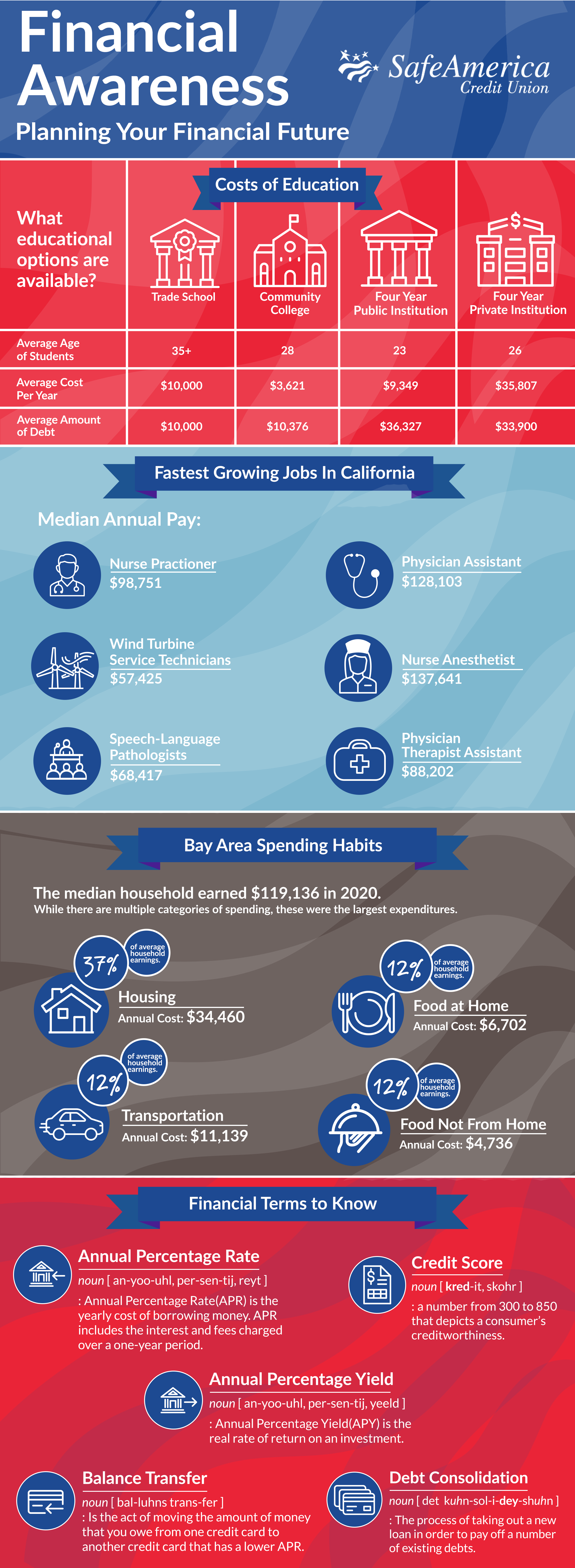This free, one hour webinar is presented by GreenPath Financial Wellness
Inflation is impacting all of us, from trips to the grocery store to the gas station. Financial life hacks are all about reducing stress and effort. The most powerful way to succeed is to keep it simple, and we want to show you how. If you are looking to reduce your financial stress and optimize your finances, we hope you will join us to learn these financial life hacks.
Click through each tab below to learn more.
This webinar will be recorded and a link will be sent out to all registrants after the webinar.
Click the red button below to register.





